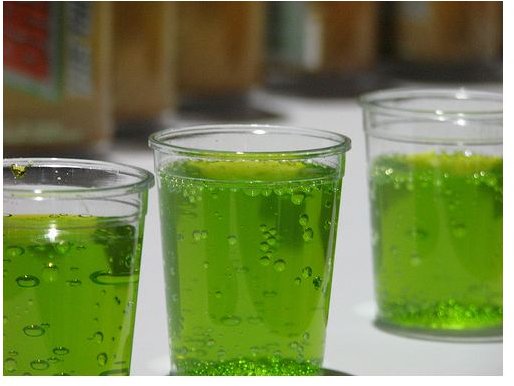The Importance of Electrolytes in the Human Body for Athletes and How To Replace Them
What is an Electrolyte?
Electrolytes are ionized minerals. They have their own electrical charges, and are used to conduct electricity throughout the body. With a number of essential bodily functions dependent on them, the importance of electrolytes in the human body is so great that we quickly react to an electrolyte deficiency. Athletes in particular are susceptible because electrolytes are depleted during perspiration. Very active people need to consciously replace electrolytes in order to maintain optimal functioning.
Electrolytes are responsible for regulating nerve and muscle function, blood pressure and pH levels, hydration, and for the repair of damaged tissue. Symptoms of electrolyte loss in athletes generally manifest as either muscle weakness or cramping. Also, feeling suddenly fatigued, especially in the middle of a difficult workout, is a sign of electrolyte deficiency. Sodium, potassium, calcium, magnesium, hydrogen carbonate, and chloride all serve as these vital compounds.
Athletes and Electrolytes
Everybody needs electrolytes, but for athletes the need to replace them frequently is much higher. How much is enough? It depends on the individual. People who get moderate, regular exercise generally get enough electrolytes in their diet. Fruits and vegetables are good, natural sources. On the other hand, athletes who are active for more than two hours at a time, especially when in the heat of the sun, may need to replace electrolytes before, during, and after a workout. The more a person sweats, the greater the need for hydration and electrolytes. When sodium levels become too low in the body, usually during very long runs, there is a risk of hyponatremia. This is a rare, but potentially life-threatening condition characterized by confusion, weakness, and disorientation.
Aside from losing electrolytes through perspiration, the reason that these ionized minerals are so vital for athletes is that the role and importance of electrolytes in the human body is related to their specific needs. Muscle and nerve tissue are constantly used and challenged by an active body. A regular heart beat and stable blood pressure levels are necessary not only for optimal performance, but for the safety of someone who is doing long-distance runs, or training for a triathlon. Also, during an intense workout, the body naturally becomes damaged and worn, increasing the need for electrolytes to help rebuild tissue.
How to Replace Electrolytes
Electrolytes are found in a healthy, well-balanced diet. Plenty of raw fruits and vegetables not only provide these minerals, but they are an important source of water. For athletes who have a greater need for replacement, sports drinks are an ideal way to absorb a readily available source of sodium and potassium ions when they are needed right away. Electrolyte levels can become too high in the blood stream, but this imbalance is taken care of naturally by the kidneys, which filter out the excess ions.
Understanding the importance of electrolytes in the human body is important for intense athletes. After a ten mile run in the afternoon sun, a glass of water just isn’t enough. Replacing those lost electrolytes however, may just give you enough energy to run another ten.
Sources:
Page, Linda. “Healthy Healing: A Guide to Self-Healing for Everyone.” (Traditional Wisdom, 2003).
Medical News Today “What are Electrolytes?” (June, 2009).
photo credit: Fristle
Please read this disclaimer regarding the information contained within this article.
